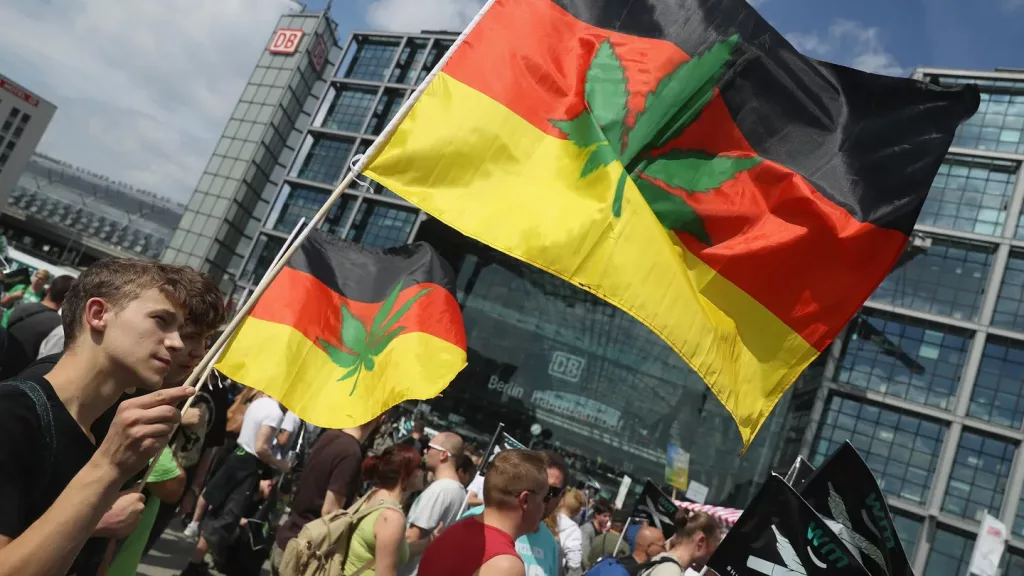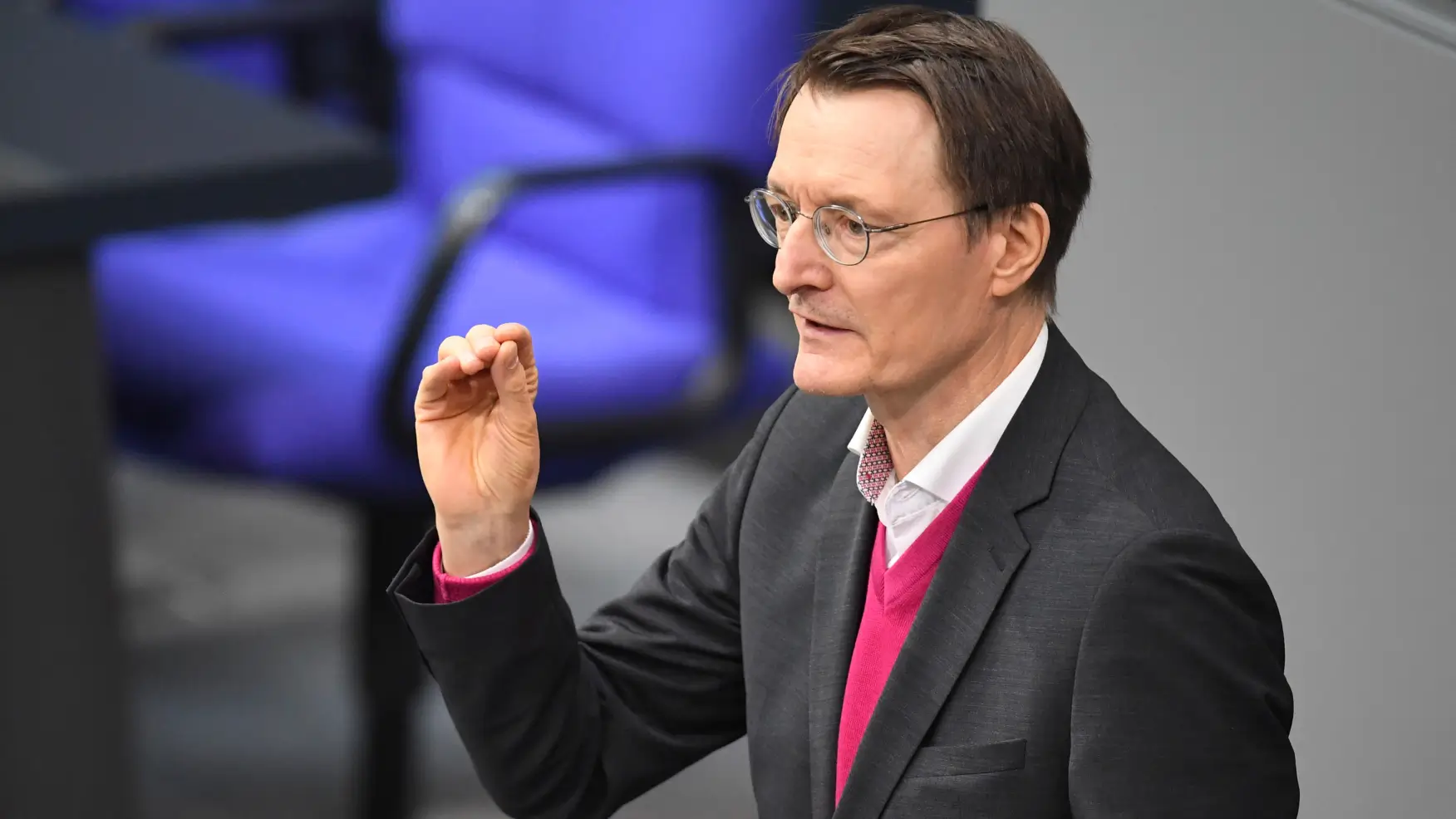The German parliament recently endorsed legislation that paves the way for the recreational use of cannabis, albeit with considerable restrictions on its purchase. Starting April 1, individuals over 18 in Germany will be legally permitted to possess cannabis, with public possession capped at 25 grams—enough for numerous potent joints—and private possession at 50 grams. This move comes despite some areas like Berlin already adopting a more lenient stance towards public consumption, even though recreational possession remains officially illegal and subject to legal action. Health Minister Karl Lauterbach, the architect of these reforms, aims to dismantle the illicit market, safeguard users from tainted products, and sever funding to criminal organizations.

However, the vision of widespread legal cannabis outlets across Germany remains unrealized. The debate over decriminalization has been contentious, with medical associations and conservative factions voicing concerns about youth impact and potential escalation in drug consumption. The law’s passage followed a heated debate in the Bundestag, where it was approved with a substantial majority.
Critics, including Simone Borchardt from the conservative CDU, lambasted the government for disregarding professional advice and pushing through a “confused” legislation. Conversely, Lauterbach defended the move, highlighting the untenable rise in cannabis use among young adults and branding the law a remedy to “a failed drug policy” and a means to “dry out the black market.”
The newly ratified law is characteristically intricate, maintaining prohibitions on cannabis use near educational and sports facilities and enforcing stringent market regulations to limit accessibility. Initial proposals for licensed sales through shops and pharmacies were abandoned due to EU concerns about potential drug trafficking escalation.
The law introduces “cannabis social clubs,” non-profit entities permitted to cultivate and dispense limited cannabis quantities. Membership is restricted to German residents, with a cap of 500 members per club and onsite consumption prohibited. Additionally, private cultivation is allowed, with a maximum of three plants per household.
This regulatory framework presents a paradox where possession is legal but procurement is challenging. Regular users may find it easier to navigate the system, whereas casual consumers and tourists might be pushed towards illicit sources. Critics argue this could inadvertently bolster the black market.
The government plans to evaluate the law’s impact in the coming years and may consider allowing licensed cannabis sales. However, given the contentious nature of the debate thus far, the future remains uncertain. Opposition conservatives have already vowed to repeal the law if they ascend to power next year, indicating that Germany’s foray into cannabis legalization may not transform it into the “new Amsterdam” of Europe anytime soon.










